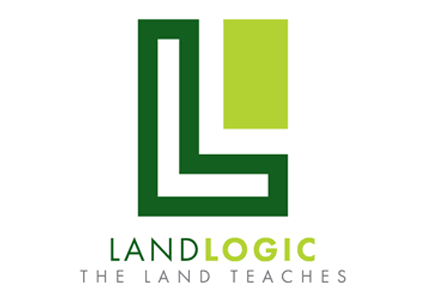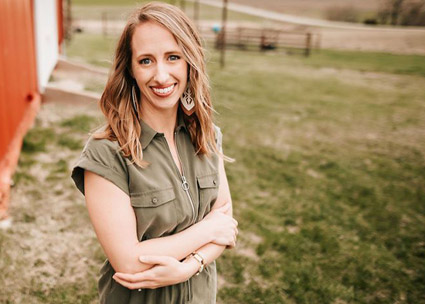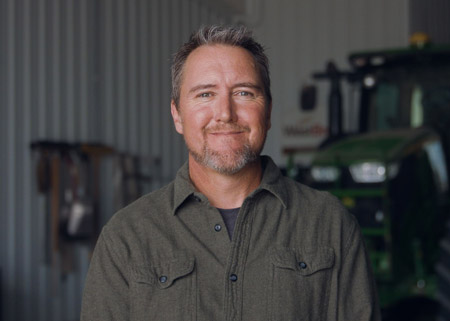LandLogic Model Training
Application for Enrollment
The North Dakota AHEC in partnership with Kaila Anderson, LSW, Founder of The LandLogic Model, is offering a 3.0 CME course to Health Professionals in North Dakota. The full payment of costs associated with this, which is valued at $2,000, is covered in totality by grant funding. Those who meet the qualifications will be first come, first served.
What Is The LandLogic Model Training Course?
This 3.0 hour training is designed for those who provide direct care to farmers. This includes behavioral health, medical, and other specialties. Available in virtual format for North Dakota participants. Clinical materials including The FARM Tool are demonstrated utilizing a case study.
- Dates: Tuesday, May 13 & Wednesday, May 14
- Time: 12:00 – 1:00 pm, May 13 and 12:00 – 1:15 pm, May 14
- Cost: FREE
- Location: Virtual (Zoom)
Event Details
Please send the following information to ndahec@mayvillestate.edu.
- Name
- Work Email
- Personal Email
- Current Position, and
- Education Qualifications
Once registered, you will receive a Zoom link and calendar invite.
Don't miss this opportunity to expand your knowledge and support the well-being of our agricultural communities. Feel free to share this opportunity with those you feel appropriate!
Questions?
Call Taylor Kittelson, Western AHEC Director at (701) 389-8268.
North Dakota farmers are predominantly men. According to the Census of Agriculture, there were 30,553 male farmers and 13,007 female farmers in North Dakota in 2022, making up 5.5% of the state’s population.
Source: USDA National Agricultural Statistics Service, (2022). Census of Agriculture, Table 56.
The LandLogic Model: Connecting Health to and Identity
The LandLogic Model was born in the hallway of my parents’ home as I studied the aerial photo of the sturdy red barn, weathered windbreak, and glistening pond that make up my family’s generational farm. Seeing this picture reminded me of the peaceful, wide-open spaces, and family closeness that defined my picturesque childhood, as well as my father’s own bout with deep despair as he attempted to manage the harsh realities of sustaining a small farm-ranch operation amid the 1980s farm crisis.
“What if, I thought, agricultural producers could connect with tools to improve their mental health on their own terms instead of suffering like my dad?”
Rather than expecting farmers and ranchers to access behavioral health education through traditional channels where stigma runs high, this resource model would reach producers through their core identity: connection to the land.
As a descendant of five generations of farmers, I experienced what Dr. Michael Rosmann calls The Agrarian Imperative: an innate connection to land that drives agricultural producers’ industriousness, resilience, and determination to protect it at all costs. American farmers and ranchers self-reported financial stress, state of the farm economy, farm or business problems, and fear of losing the farm as the top four stressors in their lives. Whether it be for the satisfaction of producing quality food, overseeing the lifecycle of crops, carefully tending to livestock, or the love of the outdoors, farmers and ranchers continue to endure this difficult life because they love what they do.
Rural agricultural producers are at a growing risk of debilitating behavioral illness (like anxiety, depression, or substance use disorder), and ultimately suicide when compared to their urban counterparts. Mental health deserts in our most rural or impoverished counties perpetuate these disturbing disparities and geographic isolation, cost of services, and gaps in insurance coverage further exacerbate the problem.
Clinicians could better serve their clients by integrating the daily aspects of farming and ranching into behavioral health education. This approach – which may include a research-based certification process for clinicians – could literally save lives.
The LandLogic Model would allow mental health professionals to harness the innovation, industriousness, and creativity of agricultural producers as they solve their own problems, ensuring the health and vitality of future generations.
It is time to rethink how behavioral health connects with farmers and ranchers.


